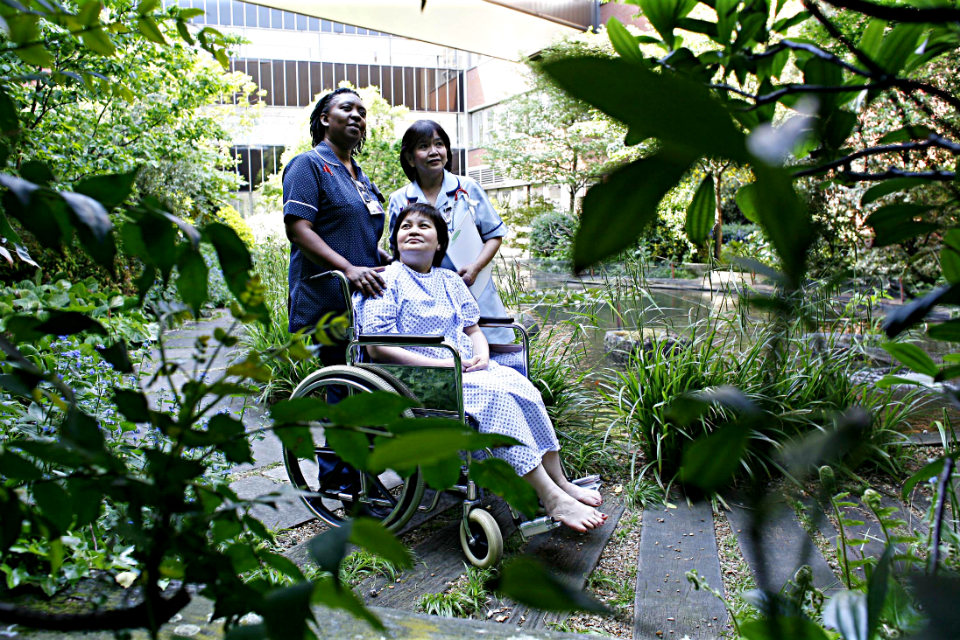25th November 2013 Ottawa, Canada
Dementia research: the Canadian approach

In the lead-up to the G8 Dementia Research Summit in London next month, we have invited the Canadian Institutes of Health Research Institute of Aging Scientific Director Dr. Yves Joanette to share his thoughts on current dementia research taking place in Canada:
Researchers around the world are working hard to tackle the growing incidence of dementia. While no cures have been found yet, researchers are making great advances in the search of an answer.
In Canada, scientists have developed a cognitive assessment test which is recognized internationally to detect mild cognitive impairment, often a precursor of Alzheimer’s disease. Canadian researchers have also recently shown that memory training can help increase brain plasticity to reduce symptoms of Alzheimer’s. New genes that add risks of dementia were identified over the last years by a number of international researchers, including Canadians. And we are very proud that through collaborative efforts, Canadian researchers are making great strides in sharing best practices about caring for people with dementia and supporting their caregivers.
However, we are still in the dark on many fronts. Despite enormous investments and countless efforts, we have not been able to solve the mystery of the neurodegenerative diseases responsible for causing dementia.
The number of individuals with dementia continues to rise around the world. With life expectancies increasing constantly, the biggest risk factor for dementia, most countries face the same challenge. In Canada, we believe that only through strong collaboration within Canada and internationally we will be able to make the necessary discoveries to face this challenge. And we are not alone. In fact, dementia will be top of mind at a G8 Dementia Research Summit in London next month, and Canada will be there to continue the global dialogue. Through coordinated actions at an international level, it is hoped that discoveries will transform into solutions that have a clear and definite impact on those living with dementia as well as those caring for them.
Through the Canadian Institutes of Health Research (CIHR) and its International Collaborative Research Strategy for Alzheimer’s Disease, Canada already engages in truly collaborative efforts on dementia research, including with the UK, the European Union, the United States and China. Over the last ten years, it’s over $214 million that has been invested in dementia research by CIHR.
Recently, an Expression of Interest was launched to create the Canadian Consortium on Neurodegeneration in Aging (CCNA), a new component to that Alzheimer’s strategy. The CCNA, supported by CIHR and many partners, will be the premier research hub for all aspects of research involving neurodegenerative diseases that affect cognition in aging – including Alzheimer’s.
Last August, we were pleased that the UK Science and Innovation Network helped support a Partners’ Forum. The event brought together the CCNA partners from the public and private sector, international experts, provincial government health service providers, and the CCNA research community. Together, they engaged in interactive sessions and discussions on proposed innovative research activities, and thinking outside the box. The selected CCNA research team will be announced in the spring of 2014. These researchers will collaborate with partners and with leading researchers around the world for the benefits of those affected by Alzheimer’s and other neurodegenerative diseases resulting in dementia, as well as their caregivers.
Together and through concerted efforts involving the best of all countries, we can take on this challenge for a future with less dementia.
For more information:
Alzheimer’s Research in Canada
International Collaborative Research Strategy for Alzheimer’s Disease
Blog post by Saira Meese-Tamuri on Dementia: A Global Challenge

1 comment on “Dementia research: the Canadian approach”
Comments are closed.